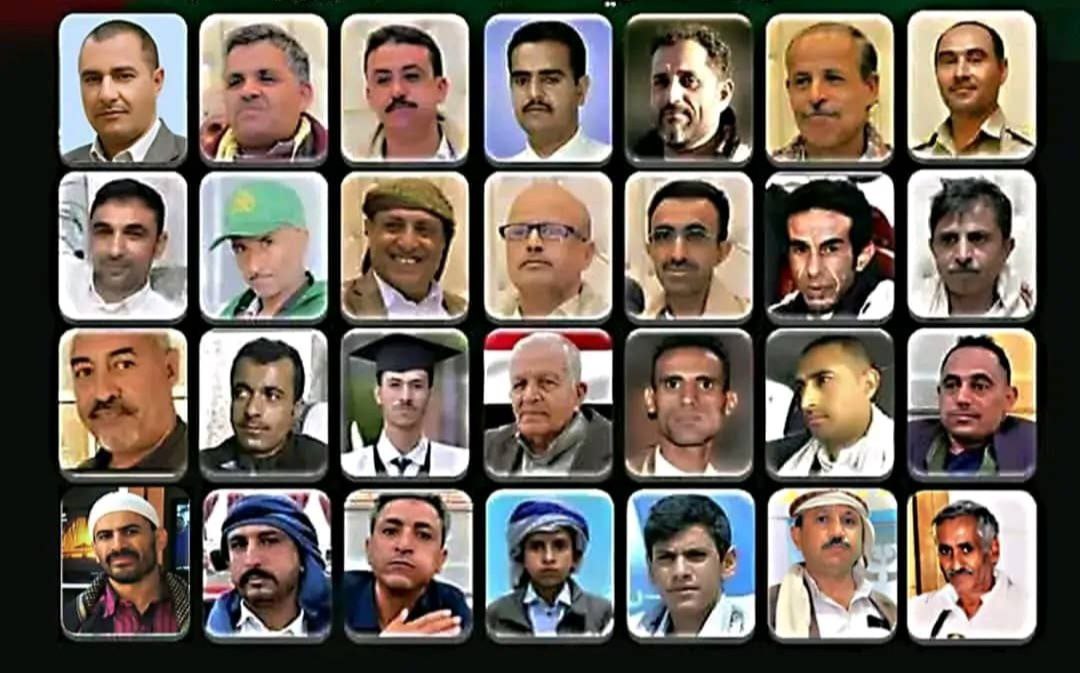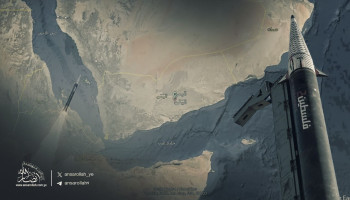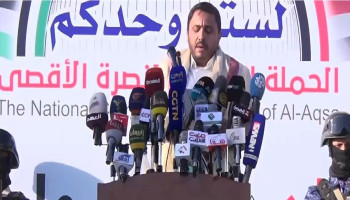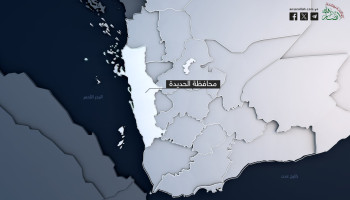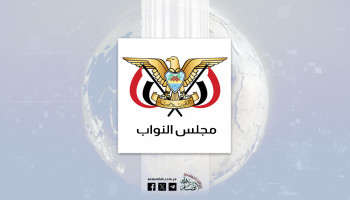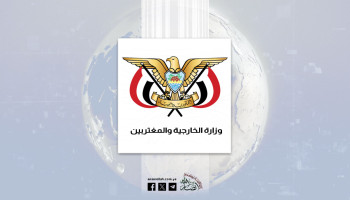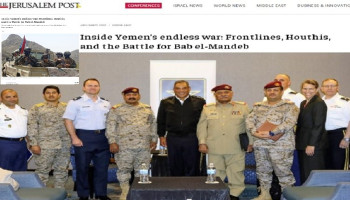Yemen held official and popular funerals on Tuesday for dozens of journalists and members of a single family killed in separate Israeli aerial aggression, incidents mourners condemned as brutal war crimes met with international silence.
In the capital Sanaa, a massive crowd gathered at the Al-Sha'ab Mosque for the funeral of more than 32 journalists killed in a major strike last Wednesday.
The attack has been described as one of the deadliest single incidents for journalists in Yemen's history. The journalists were from the 26 September and Al-Yemen newspapers, described in eulogies as "martyrs of the pen" who had been stationed on the "front of the word" against the enemy's "destructive, aggressive global project."
Mourners at the service decried the "double standards" of the international community, arguing that a similar massacre in another country would have provoked a far stronger global reaction.
They accused major world powers, led by the "Great Satan" America and its "Zionist arm," of implicit complicity through their silence, which they said grants the aggressors a green light.
In a separate, equally emotional ceremony, 13 members of the Al-Dhamadi family—including women and children—were mourned at the Al-Hashhash Mosque.
They were killed when a strike hit a residential area in Al-Tahrir district. The funeral procession, marked by both profound grief and steadfastness, saw thousands of Sanaa's residents pour into the streets to express solidarity with the family and condemn the aggression.
Attendees at both funerals chanted slogans against the aggression, vowing that the "pure blood of the martyrs" would only fuel further resistance and that victory would come due to the sacrifices of the Yemeni people.
The overwhelming public turnout was seen as a clear message that these crimes will not pass without accountability and have only strengthened the resolve to confront the enemy.
The scale of the funerals underscored the critical role journalists are perceived to play in confronting the aggression and reflected a deep public awareness of the ferocity of the "media war," which is seen as equally critical as the military front.
The funerals come amid a prolonged conflict that has seen numerous airstrikes on civilian areas. Media professionals have frequently been among the casualties, leading to accusations that belligerents are deliberately targeting the press to silence reporting on the war.
Israeli airstrikes have in recent days escalated against civilian and media infrastructure in Yemen, with the attack on the headquarters of 26 September and Al-Yemen newspapers in central Sana’a marking one of the deadliest assaults on journalists in the country’s history.
The strike killed and wounded dozens, including media workers, residents and passersby, and drew condemnation from Yemeni and regional organizations.
Observers say the attack reflects a broader Israeli strategy of targeting press institutions in both Yemen and Gaza in an effort to silence critical coverage and obscure the scale of civilian casualties.

